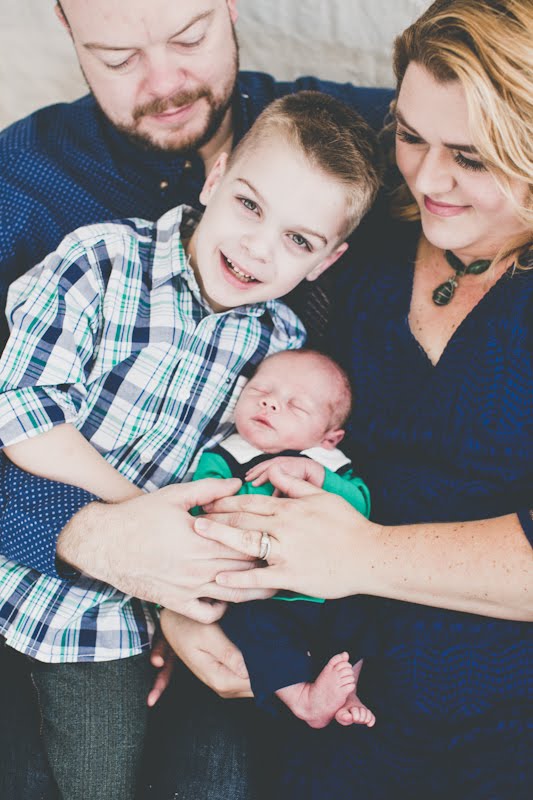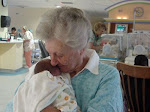Cerebral palsy, also referred to as CP, is a term used to describe a group of chronic conditions affecting body movement and muscle coordination. It is caused by damage to one or more specific areas of the brain, usually occurring before, during, or shortly after birth; or during infancy. These disorders are not caused by problems in the muscles or nerves. Instead, faulty development or damage to motor areas in the brain disrupt the brain's ability to adequately control movement and posture.
"Cerebral" refers to the brain and "palsy" to muscle weakness/poor control. Cerebral palsy itself is not progressive (i.e. brain damage does not get worse); however, secondary conditions, such as muscle spasticity, can develop which may get better over time, get worse, or remain the same. Cerebral palsy is not communicable. It is not a disease and should not be referred to as such. Although cerebral palsy is not "curable" in the accepted sense, training and therapy can help improve function.
There a different types of CP: Spastic diplegia, Spastic cerebral palsy ,Athetoid, or dyskinetic cerebral palsy, Ataxic cerebral palsy, Mixed forms. James' diagnosis is Spastic diaplegic but we believe that he does have more of a mix because he shows some signs of Ataxic CP. James' CP was cause by a stroke that he has in utero. The stroke cause a brain bleed ( PVL) a that cause the damage to his brain thus CP.
Here is a little piece of CP history that I found interesting.
In the 1860s, an English surgeon named William Little wrote the first medical descriptions of a puzzling disorder that affected children in the first years of life, causing stiff, spastic muscles in their legs and to a lesser degree, their arms. These children had difficulty grasping objects, crawling, and walking. They did not get better as they grew up nor did they become worse. Their condition, which was called Little's disease for many years, is now known as spastic diplegia. It is one of several disorders that affect control of movement due to developmental brain injury and are grouped together under the term cerebral palsy.
Because it seemed that many of these children were born following premature or complicated deliveries, Little suggested their condition resulted from a lack of oxygen during birth. He proposed this oxygen shortage damaged sensitive brain tissues controlling movement. But in 1897, the famous psychiatrist Sigmund Freud disagreed. Noting that children with cerebral palsy often had other problems such as mental retardation, visual disturbances, and seizures, Freud suggested that the disorder might sometimes have roots earlier in life, during the brain's development in the womb. "Difficult birth, in certain cases," he wrote, "is merely a symptom of deeper effects that influence the development of the fetus."
Despite Freud's observation, the belief that birth complications cause most cases of cerebral palsy was widespread among physicians, families, and even medical researchers until very recently. In the 1980s, however, scientists analyzed extensive data from a government study of more than 35,000 births and were surprised to discover that such complications account for only a fraction of cases--probably less than 10 percent. In most cases of cerebral palsy, no cause of the factors explored could be found. These findings from the National Institute of Neurological Disorders and Stroke (NINDS) perinatal study have profoundly altered medical theories about cerebral palsy and have spurred researchers to explore alternative causes.
As the old saying goes " The more you know" I hope this post was somewhat informational and you come away with a little more understanding of CP. But the MOST important thing that I want people to understand is that CP is just a part of life. It doesn't mean that people should be afraid to care or love kids like James. In fact you might find that they are pretty amazing.
I get a lot of well meaning comments of sympathy about raising James but I have NEVER thought that raising James was a burden. In fact I am the one that is the lucky one because I get to see God miracles in a physical way everyday. I get to watch a child overcome obstacles that, according to the medical world, he should have never overcome. I am the one that is lucky to have been given James to raise. True, what CP does to James just plain ole' sucks sometimes but it doesn't not define my son. It is just apart of the wonderful and amazing kid that he is.













3 comments:
Wonderfully said, and I do agree he is a sweet marvelous little guy and lucky to be your son. Love and blessings Sandra
His Gran Sarah loves him so much! He melts my heart!
You have been tagged!
http://our3littlemiracles.blogspot.com/2012/05/11-random-things.html
I hope all is well. I haven't seen a post from you in a while.
Post a Comment